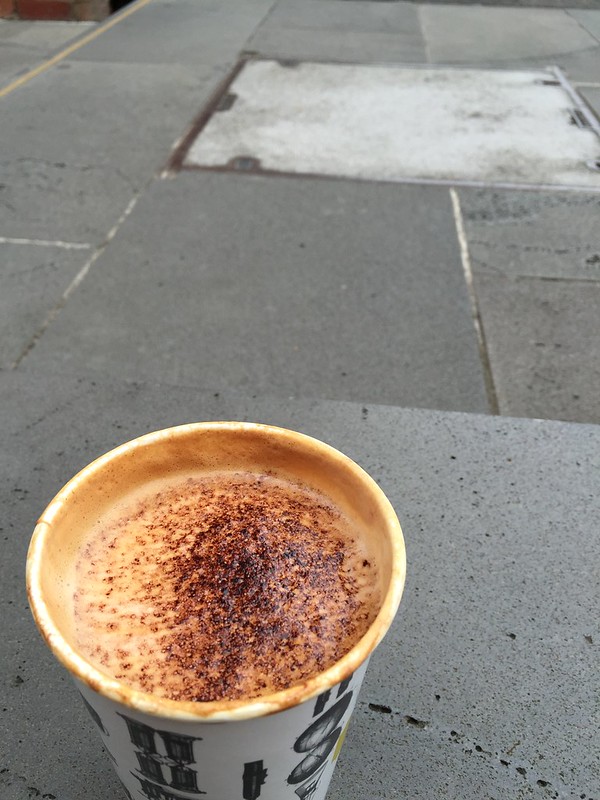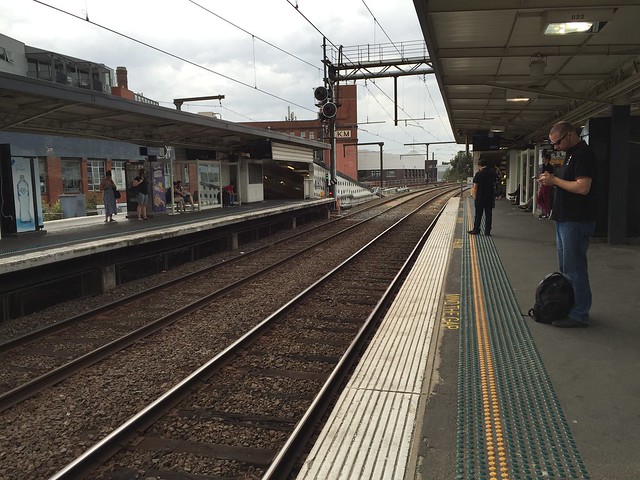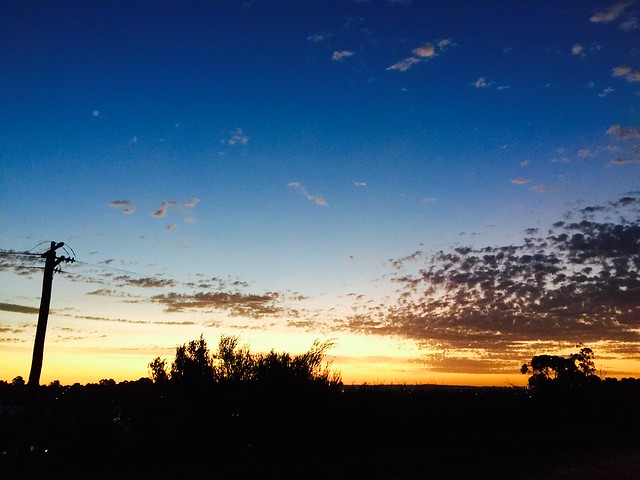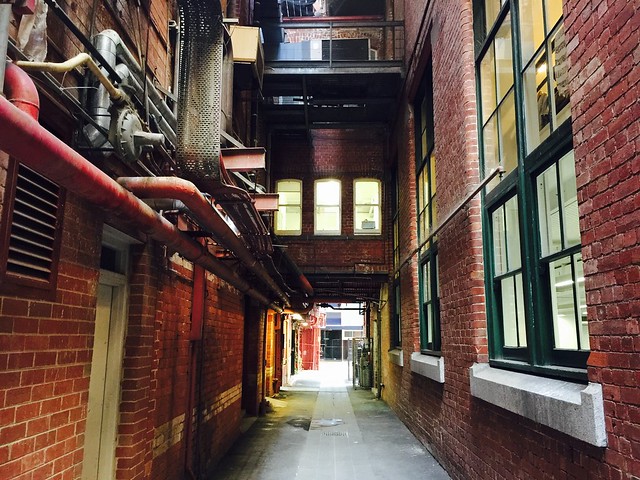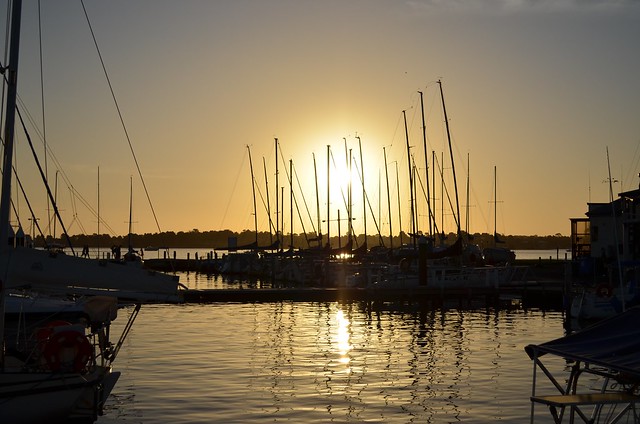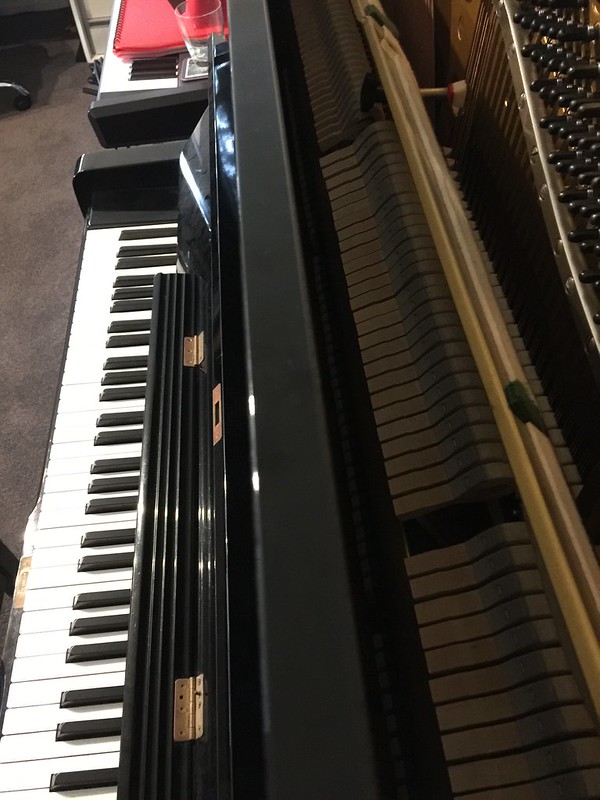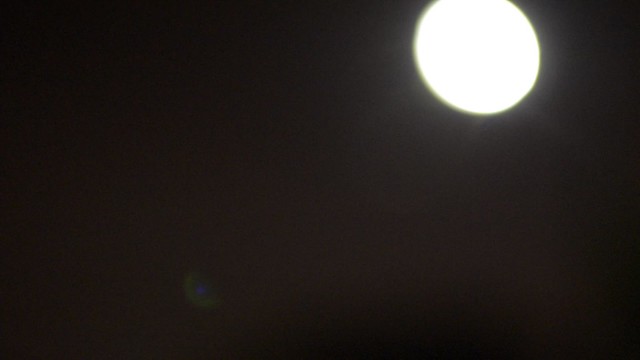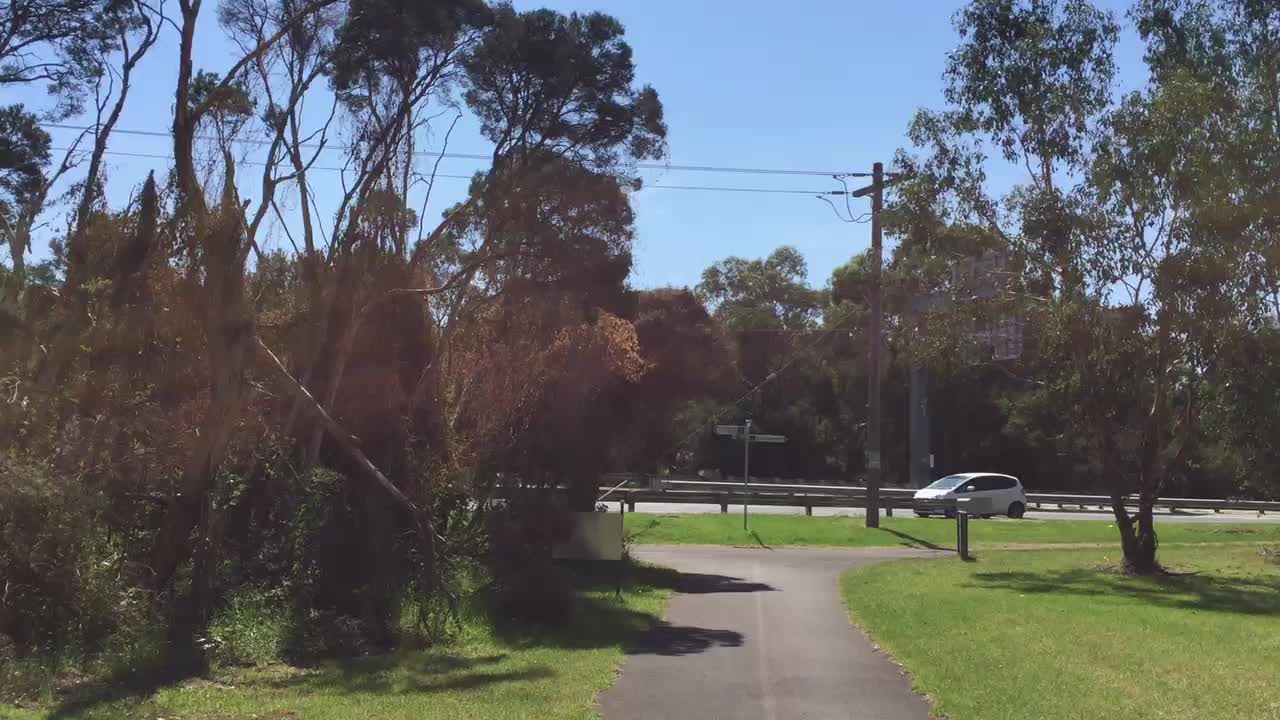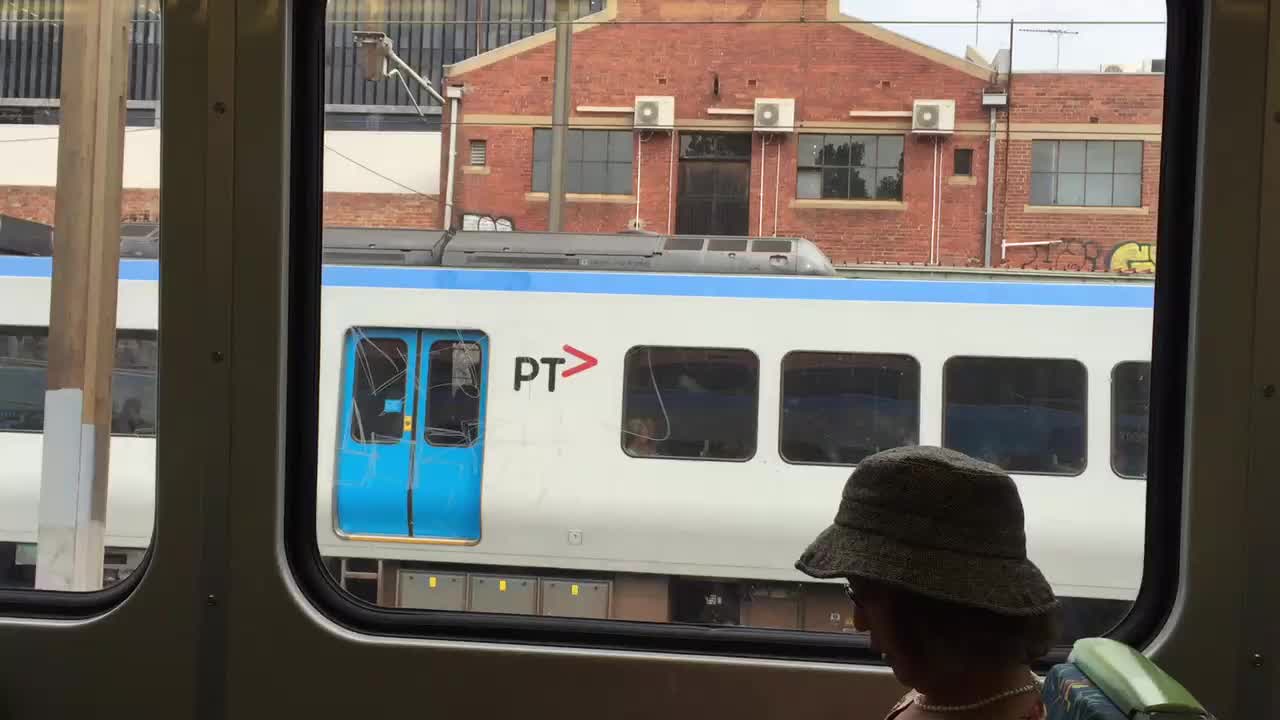After reading and listening to the wonderful words of Mr Cal Newport, I guess one thing became very apparent more than ever, so many of the people I know in university completely lack direction, not through any fault of their own, but as far as I can see, predominantly because of a pressure to find their passion and instead of finding something they are passionate about, they become afraid of making the wrong decision because the very concept of passion has been turned into a fixed thing that will carry you through your whole life. Unfortunately, as I have found, just because you are passionate about something and dedicate study and time to it, does not mean you have a career and this seems to be very apparent to those of us who have found our passion and not to those who haven’t. There is a definite fear of commitment amongst teenagers because of a lack of experience and information. In the information age, more and more emphasis is placed on making intelligent, sensible and considered decisions but the truth is this area is an area with which we lack understanding; we lack the facts necessary to make a decision which we believe (falsely) to have life-long consequences.
When I was very young my dream job was to create LEGO sets. I was convinced that I was going to be the architect of the LEGO world but my revelation came when I was eight years old. I had always loved PIXAR films and one night I flipped over to disc two of Brad Bird’s The Incredibles and whilst watching the behind the scenes fell in love with the art of filmmaking, here was art, science, music, technology all in one beautiful place.
Newport suggests that the secret to working life success is in fact to become the best at something and allow that to drive your entry into doing something you love, but in many ways, his address at the Bechance conference suggests that you almost need to stumble into this area of work, I have for as long as I can remember, wanted to be a filmmaker. I started editing as a nine year old and am extremely fortunate that I had the tools at my disposal to do so. I don’t know where I would be without my film dreams. All I want to do is sit in a theatre with an audience and see a film I created on the big screen and share the experience as just another audience member. I certainly didn’t stumble into this dream and there are millions of others who share the dream, I know this. I do have a passion, I pray I won’t grow to dislike it.
